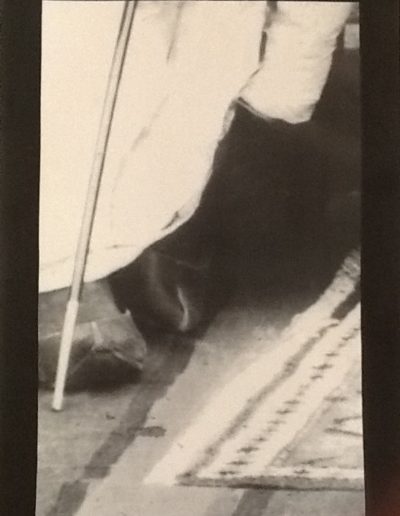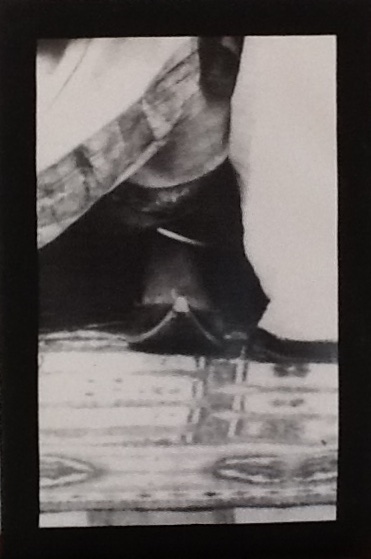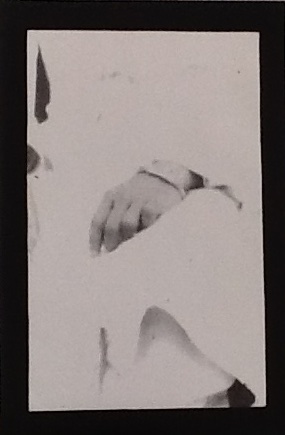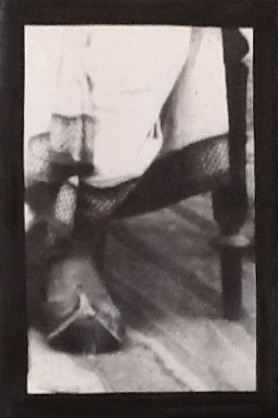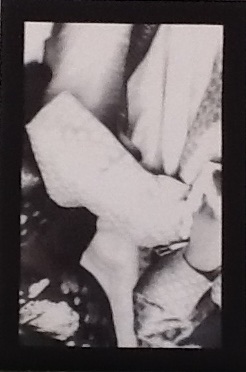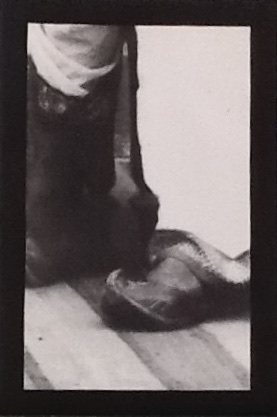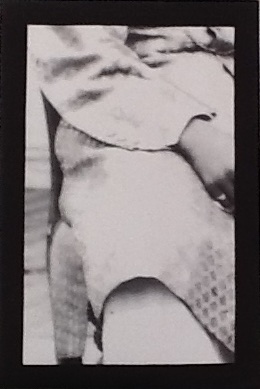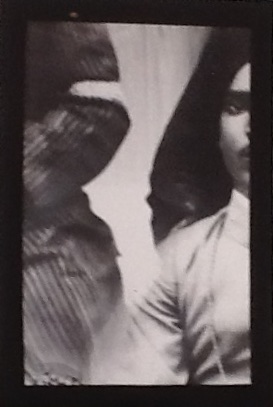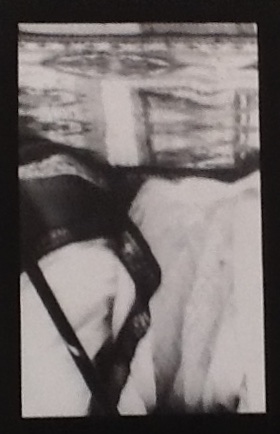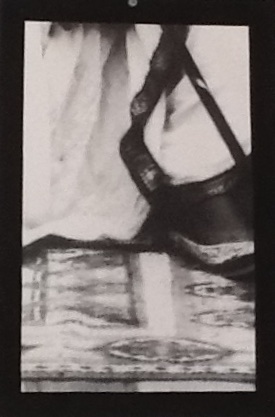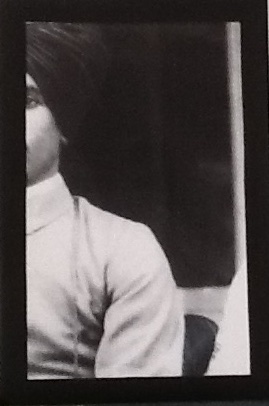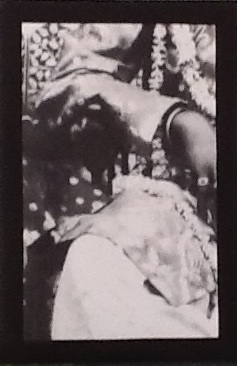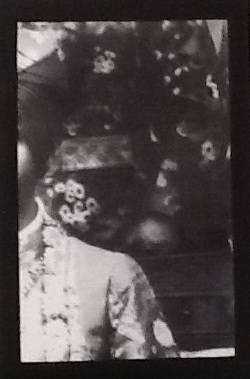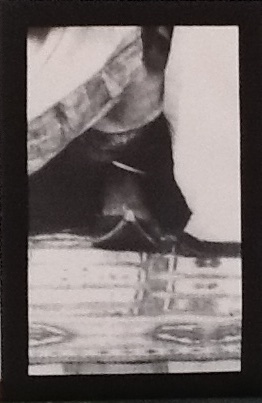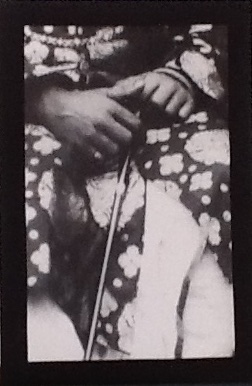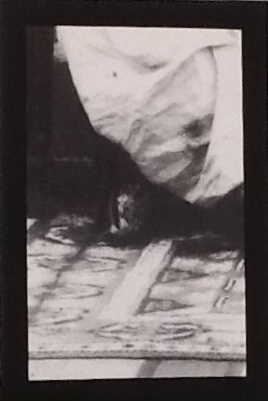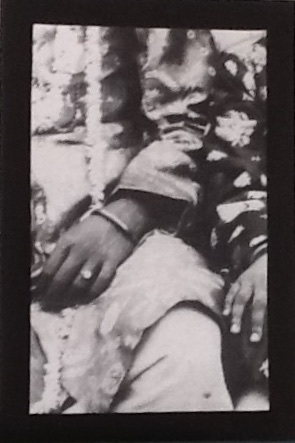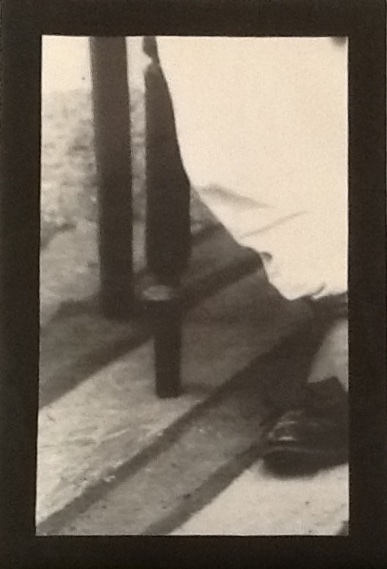Traces
Ozymandias. By Shelly
“I met a traveller from an antique land
Who said: `Two vast and trunkless legs of stone
Stand in the desert. Near them, on the sand,
Half sunk, a shattered visage lies, whose frown,
And wrinkled lip, and sneer of cold command,
Tell that its sculptor well those passions read
Which yet survive, stamped on these lifeless things,
The hand that mocked them and the heart that fed.
And on the pedestal these words appear —
“My name is Ozymandias, king of kings:
Look on my works, ye Mighty, and despair!”
Nothing beside remains. Round the decay
Of that colossal wreck, boundless and bare
The lone and level sands stretch far away.’
A critic:
Arguably the greatest sonnet in the English language. It encompasses multiple themes, ranging from the impermanence of earthly power and the futility of despotic ambition to the contrasting timelessness of artistry. The tyrant Rameses II of ancient Egypt, whose moniker was ‘Ozymandias’, for all the limitless godlike powers he enjoyed in his lifetime, is long dead and with him is gone all his great monuments and statues, withered by the all-consuming Time. A subtle hint is also there that the unnamed sculptor still lives on through his perfect portrayal of Ozymandias’s features. The rhyme scheme is difficult but effortlessly executed by Shelly.
